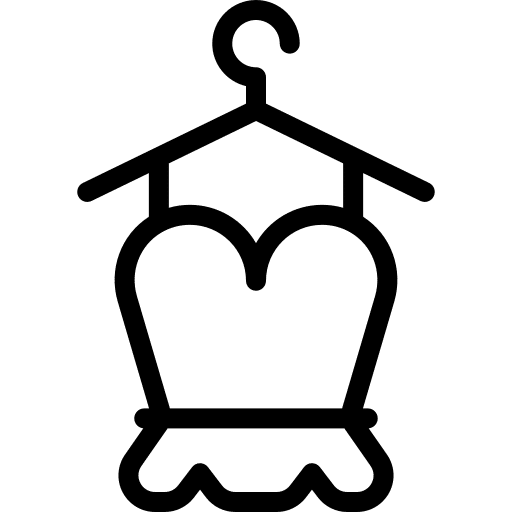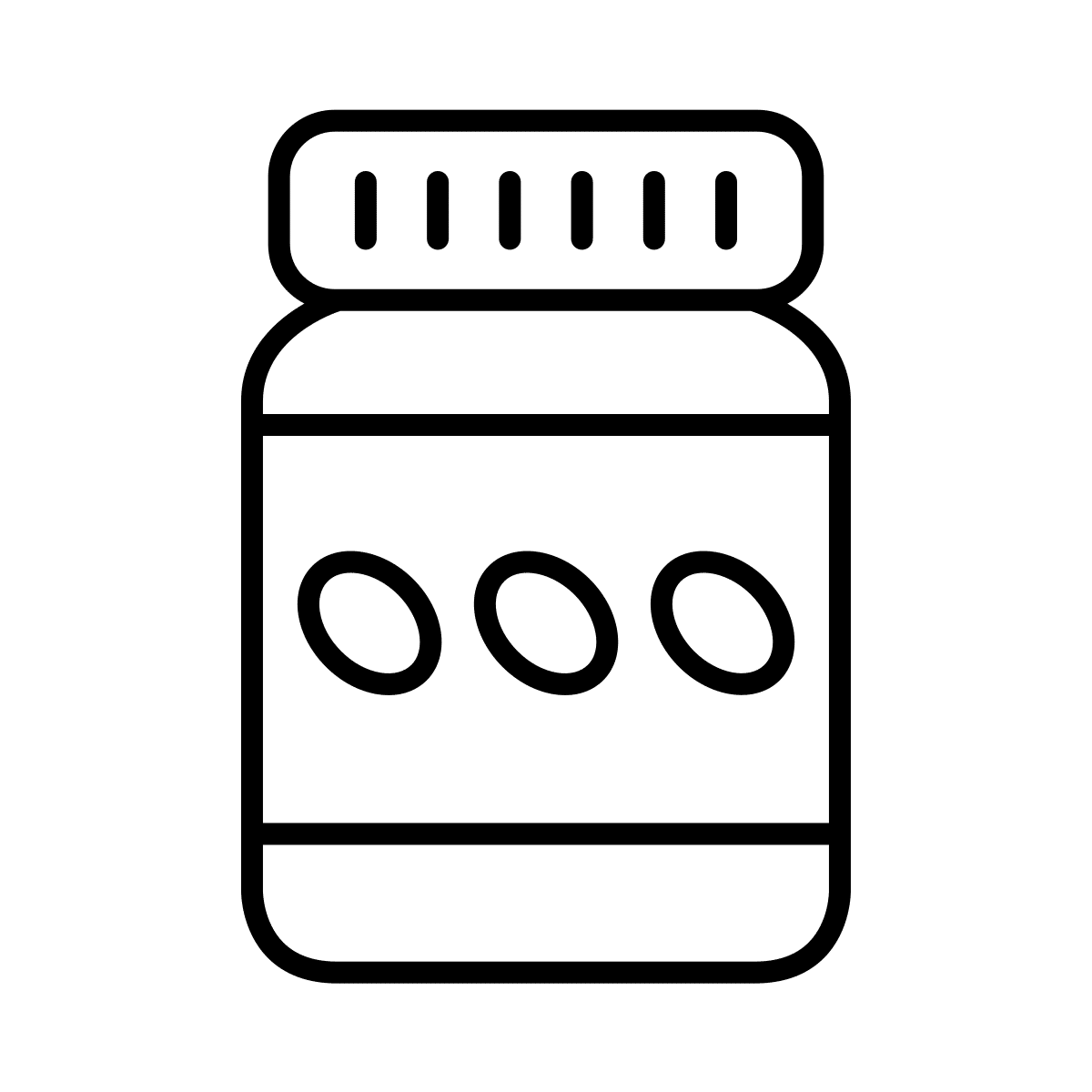Looking for app excellence? Here are some of the best ecommerce app examples this year
You probably know ecommerce has taken over shopping. But did you know mobile has taken over ecommerce?
Shopping on the go is here to stay. Whether it's scrolling virtual aisles on the commute home or placing orders with suppliers between meetings, mcommerce is having a huge impact on buying behaviour and revenues.
The story doesn't end there, though. People aren’t flocking to mobile responsive websites. Today’s shoppers want the premium experiences that they get every day from apps like Uber. That's why household names including Zara, Asos and Amazon have made a switch to ecommerce apps.
Only an app can offer your shoppers the seamless experience and time-saving tools that prompt shoppers to click ‘confirm.’
Want to launch your own ecommerce app? Ready to take your current app to the next level? Check out these top ecommerce app examples for inspiration.
Ecommerce Apps are where it’s at
When it comes to shopping, ecommerce apps are convenient and easy. They save customer profile data, offer one-click purchase, and autofill fields like address, shipping, and payment information to save on typing.
Big retailers like Target are powering up their app offerings and shifting more product through mobile channels by adding things like contactless payment through the app whilst in-store. Abercrombie & Fitch recorded a 50 per cent increase in the number of visits to its shopping app last year.
But big names aren’t the whole story. Independent brands are making an impact too. Here are 7 great examples of ecommerce app excellence from across the size spectrum.
Our picks: 7 of the top ecommerce apps right now
01 Boxed
Boxed is a US online wholesaler that offers direct delivery of groceries and household products in bulk. The brand’s ecommerce app lets customers shop for wholesale products on the go without tiresome buyer's club membership fees.
Customers can enjoy the convenience of bulk shopping from their handsets. The Boxed app allows users to configure their own curated shopping lists and receive suggestions about upcoming occasions like birthdays and holidays.
-
Top features:
Based on past purchases, the app applies machine learning to predict when users are running low on a product.
Users can curate their own shopping lists and save ideas for special occasions.
A special ‘stuff for sale’ section lets users hunt for the latest deals.

02 IKEA
Flat-pack addicts looking for ready-to-assemble furniture can use the blonde-wood behemoth’s mobile app to browse categories, make shopping lists and store the aisle and location information they’ll need when they visit the store to purchase. This makes the app both an mcommerce channel — and a supplementary tool to enhance the bricks & mortar shopping experience.

-
Top features:
Create smart shopping lists to aid in-store purchase.
Find products faster.
Navigate the brand’s maze-like warehouses more easily.
03 Jentry Kelley
Independent Texas-based cosmetics brand Jentry Kelley Cosmetics decided in 2020 that the time was right to launch a mobile app of their own. Since August of last year, they’ve seen average order value (AOV) jump by 18% over their desktop ecommerce store site. Just months after go-live, Jentry Kelley’s mobile app attracted more than 2,500 downloads and secured a 5-star rating from the Apple app store.
-
Top features:
Easy order tracking and ‘view order history’ functions with just a few taps.
Customers can book their own consultation or lesson with a makeup artist.
Every new user is offered a tour of the app to get used to its key functions.

04 Wayfair
This US home furnishings brand sells more than 10 million SKUs across categories like housewares and home improvement. It’s online only and one of the world’s biggest online destinations for home décor. The company is known as a mobile innovator, consistently building features into its mobile app in response to customer data.

-
Top features:
Integrated augmented reality tech that lets customers transform their rooms into a virtual showroom.
05 Gill Marine
UK-based Gill Marine is the world’s leading supplier of maritime apparel, sought after by boating enthusiasts and racing professionals. In 2020, the brand decided it was time to improve the mobile experience and launch a shopping app for their often-on-the-go customer base.
The layout and choice of images reflect minimalism and classic elegance, blended with dark colours and dynamic imagery. Navigation is designed to be simple and intuitive.

-
Top features:
Connect with customer support directly inside the app.
Access a library of blog posts and other learning resources.
A built-in store locator helps users find the nearest bricks and mortar shop.
06 Warby Parker
Warby Parker is another mobile commerce innovator. The company uses its app to extend its unique selling proposition. It’s become a billion-dollar business by pioneering an online business model that lets customers order and try-on several pairs of brand-name glasses for free before buying. The app has been named one of Apple’s ‘10 best’ apps and has 1,000 five-star reviews.

-
Top features:
Customers can use the app to ‘try on’ a pair of glasses virtually by layering it onto a photo of their face.
The app can use an iPhone camera to map facial features and suggest the most suitable style and fit.
07 ASOS
This UK-based global fashion retailer makes some 85,000 products available through its mobile app. The company made a big shift to mobile when it realised that more than 80 per cent of its British traffic was arriving from mobile devices. Since then, ASOS has invested big time in apps and premium, cutting edge functionality. Customers can use the app to purchase and have delivered products from 850 brands. More than 10 million downloads have been tracked to date. Users spend an average of 80 minutes each month browsing through the app.

-
Top features:
The Style Match” visual search tool, which allows users to add or upload a photo while the app's AI functions.
Match it to complementary colours, fabrics, styles and patterns to create a perfect outfit.
Time to app-up
In 2021, no one goes out the door without their smartphone. We spend up to more than half a standard workday staring into our iPhones and Androids. We feel anxious and unsettled when our handsets are out of sight, or connectivity drops below 3 bars.
But it's more than just buying on-the-go that shoppers love. It’s all about the apps. Nothing delivers a better smartphone shopping experience.
Under lockdowns, ecommerce and retail apps cemented their popularity even further:
- Ecommerce and retail app downloads jumped by 50%
- Customers reported in-app purchase growth of 60% on average
- Across the board, retailers saw a 20% increase in the time spent on their apps
Some of the biggest names in retail and FMCG have got the message. Are you ready to run with the mcommerce pack? Book a demo with JMango360 today.
Get your own ecommerce app with JMango360
Shopping apps aren’t just for giant companies. The days when you needed a heaving war chest for app development are over. SaaS app building platforms like ours can help companies of all sizes build excellent apps for a small monthly fee.
-
How small?
Low Monthly pricing ($300 dollars) and low initial set-up ($2,000 dollars), vs a bespoke build (up to $60,000 for the initial set-up alone).
Up and running in 30 days or less.
Fully integrated with your webstore backend (Magento, Lightspeed, Bigcommerce, Salesforce and more).
App marketing support comes standard with every subscription.
If you're depending on your responsive mobile site for mobile sales, you're leaving money on the table.
Setup a personal demo with our app experts today.








